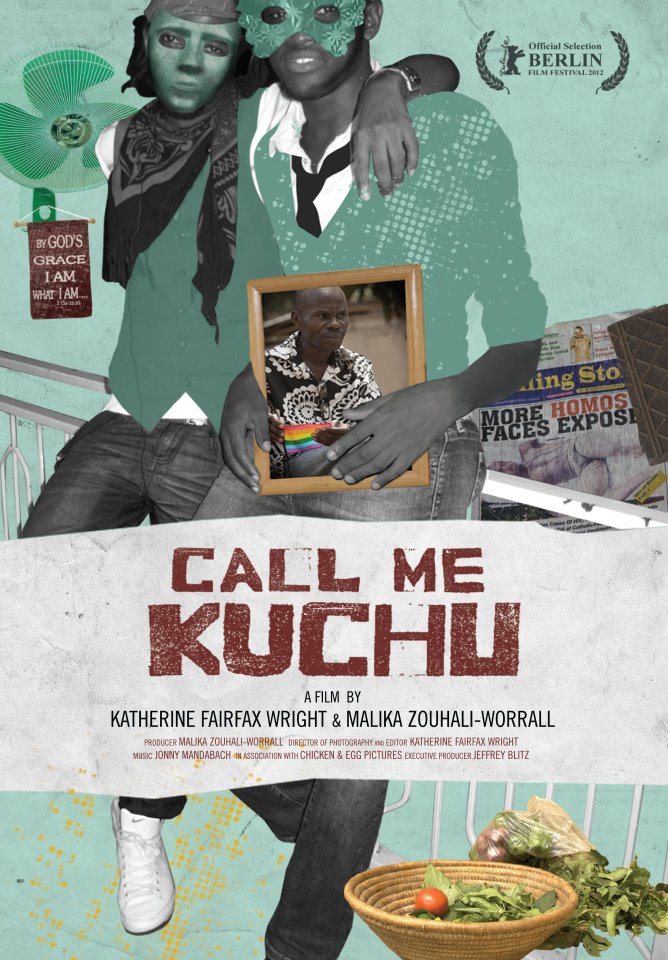Originally published on www.biggaypictureshow.com
Call Me Kutchu takes an intimate and thought provoking look at the state of affairs for members of the LGBT community in Uganda, against the backdrop of the kill the gays bill.
In recent years the world has become aware of the negativity shown towards gay men and women in Uganda, and this film shows us what activists in the country are doing to try and make inequality a thing of the past. It also shows us the final year of gay rights activist David Kato towards the latter half of the film, which will evoke strong emotions from the audience, some of you may even cry.
The documentary is an eye opener for those of us who live in the West that don’t realise how easy life is compared to that of many around the world. In the documentary we hear a number of harrowing tales from a select group of gay people and activists in Uganda that range from violence, stoning, abandonment and even rape. Some of these tales will leave you open mouthed and shocked that nearly 50 years after gay liberation started, some people are still subjected to persecution on a daily basis. The realisation of just how severe things are in Uganda is shown when David Kato is murdered and the scene that ensues at his funeral.
One thing that is particularly good about this film is the way in which directors Katherine Fairfax Wright and Malika Zouhali-Worrall show us the debate on homosexuality in Uganda from both sides. We see the negative affects it has on people on a daily basis and what they are doing in the fight for equality, but they also enable us to see the mind-set of the people trying to oppress them and how they are targeting gay people. This is most evident when we are told by the managing editor of The Rolling Stone newspaper that in the name of journalism, they would ignore the right of privacy to expose gay people for public knowledge, and also how the paper itself links gay people to terrorism.
However against the sadness of the documentary you see hope in the LGBT community, as they enjoy themselves together and remain positive in a shared optimism that one day Uganda will be fully equal.
Overall the film is a touching and informative human tragedy that will have you engrossed from beginning to end, and cheer when you see just how much progress they are making. But as they mention throughout the film the struggle continues.


